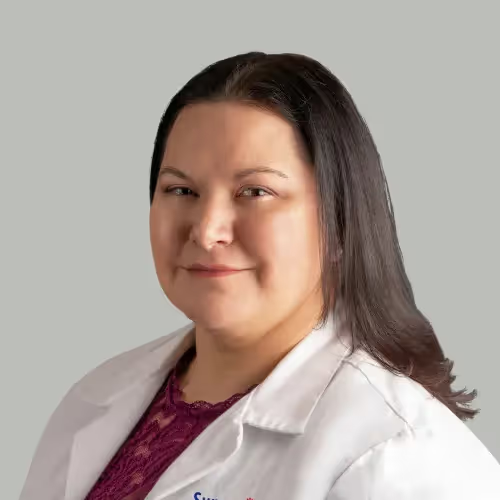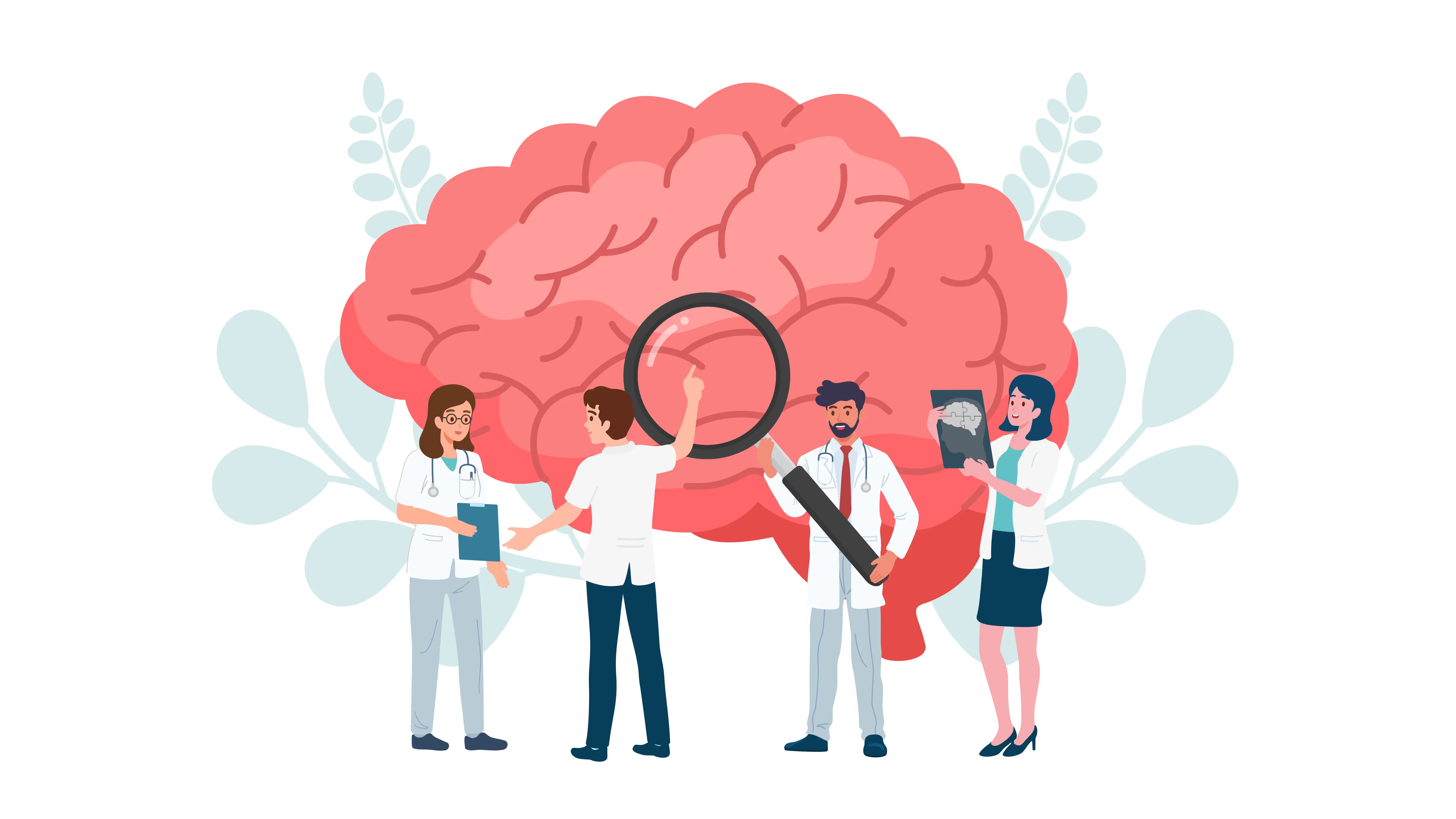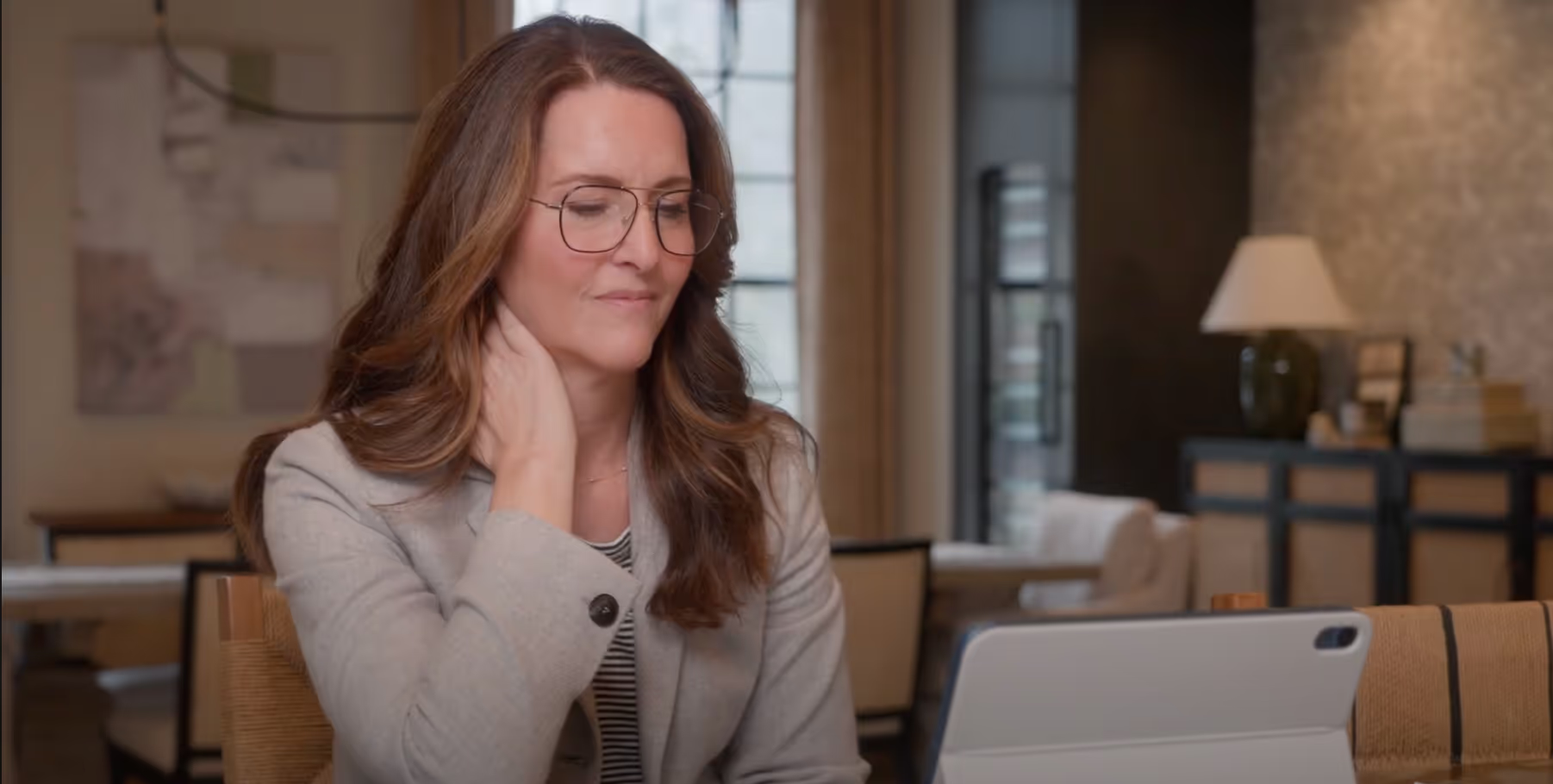What is Dementia?
The term dementia has been in the news a lot recently with two new medications on the market but what is dementia and how does it relate to Alzheimer’s disease? Dementia is a term that encompasses a range of changes in cognition (thinking and memory) that impair one’s normal daily function. This is more significant than what is known as Mild Cognitive Impairment (MCI) which is measurable changes in one’s cognitive ability that are not enough to impair daily function. It is also different than delirium which are more abrupt, often fluctuating, changes in cognition that can occur in the setting of another acute medical problem. Dementia can be caused for a variety of causes. It may be due to a diagnosis such as Alzheimer’s disease where dementia is the primary disease versus secondary to other conditions. These secondary conditions include progressive neurological (aka neurodegenerative) disorders such as:
- Parkinson’s disease, in which case it is known as Parkinson’s disease dementia or Lewy body dementia
- Frontotemporal dementia which can be a primary dementia or secondary to other diseases such as Amyotrophic Lateral Sclerosis (ALS)
- Huntington’s disease - dementia is often part of the triad of symptoms including abnormal movements and psychiatric concerns
- Many others
But other disorders can also cause dementia including:
- Vascular
- Traumatic Brain Injury
- Alcohol or Drug Abuse
- Related to other conditions such as Trisomy 21 (Down’s Syndrome)
What Kinds of Changes might Someone with Dementia have?
We all have occasional lapses in our cognitive ability However, there is concern if there are persistent, progressive changes in cognition including:
- Memory loss affecting daily activities
- Difficulty performing familiar tasks
- Problems with language (word-finding, understanding others)
- Disorientation or confusion
- Impaired judgment
- Changes in the ability to judge distances (such as when driving, changing lanes, or parking)
- Sudden changes in behavior
- Hallucinations
- Beliefs about things that are not true (such as paranoia about intruders in the house, stealing, or that others are trying to hurt them)
Meet our Dementia Clinical Team
In honor of Alzheimer's Awareness Month, last week Synapticure hosted a webinar “Understanding Dementia and Its Different Causes”, to talk about the types and symptoms of dementia. We were excited to introduce the community to some members of our clinical team who are helping patients with dementia: Dr. Ben Williams, the cognitive neurologist leading our dementia team; Dr. Jaime Hatcher-Martin, Director of Movement Disorders, who sees patients with Lewy body dementia; and the newest member of our team, Dr. Tracey Meyers, a neuropsychologist who performs clinical assessments.
If you know someone who would like to talk to a dementia specialist, you can reach out for a free care coordinator consultation by calling (855) 255-5917, or by registering here.
What if I am Concerned that I, or a Loved One, has Dementia?
Anyone experiencing these should consult a physician for further evaluation. You may start with your primary care to make sure symptoms are NOT due to another treatable medical condition. They will often review your medication list, check labs, perform a screening cognitive evaluation, and check imaging studies like a CT scan or MRI of your brain. If there is concern for a neurologic cause to your symptoms, you will often be referred to a neurologist - someone who specializes in the care of people with disease of the brain, spinal cord, nerves, and/or muscles. Sometimes, you may see someone who specializes in dementia. Other times, you may see someone who treats the disease your particular kind of dementia is associated with (such as a Movement Disorders Specialist for dementia-related PD, Lewy Body Dementia, or HD). In some cases, there are medications that can improve cognitive function though there are no known ways to stop the progression of neurodegenerative causes of dementia at this time.
What if I or a Loved One has been Diagnosed with Dementia?
It is important to seek out a team that can support you and/or your loved one including both medical professionals and non-medical support. This can include a primary care physician who has experience with dementia. Geriatricians, or physicians that specialize in the care of older/aging people can be a great central resource to help optimize medical conditions that may be contributing to cognitive changes. A neurologist, especially one that has experience with dementia, can really help navigate the specific diagnosis/cause of dementia and expertly review the various treatments that are available. Additionally, as depression, anxiety, and other changes in mood and behavior are common in dementia, a psychiatrist can be helpful in managing these symptoms and medication.
Non-medical services include but are not limited to:
- Care Coordination: A person or team that can help you navigate the various hurdles you and your loved one are facing and off-load some of the many tasks on your plate
- Counseling and Support Groups: Emotional support is vital. Services like support groups for caregivers or counseling for the family can help.
- Home Health Services: Provides assistance with daily tasks such as bathing and meal prep
- Respite Care: Offers temporary relief for caregivers by providing additional care for one with dementia
- Insurance Navigation: Helps guide choices in insurance providers and ways to maximize the benefits available to you
- Financial Planning: Assistance with planning for possible future costs associated with care, understanding options such as long-term care insurance, and more
Various methods and technology solutions can help support your or your loved one with cognitive changes. These include:
- Keeping lists or calendars
- Using a phone, app, or smart home device to help with reminders for medications, appointments, or other events/tasks
- GPS trackers or home-monitoring systems can assist in ensuring safety
Synapticure can Help!
Understanding dementia is the first step in managing it effectively. From the initial diagnosis to ongoing care, numerous services can help improve quality of life for both patients and caregivers. A robust support team is an invaluable resource with both medical and non-medical team members playing a pivotal role in dementia care. It’s important to remember that YOU ARE NOT ALONE. Synapticure is here to help you every step of the way!
We are a fully virtual practice who can work with your local medical care team to make your care personalized and proactive. In particular, we are able to focus on the issues that are most important to you and to help you navigate the nuances of your individual disease. Among the things we can do are:
- Perform virtual medical evaluations with one of our neurologists
- Review your medication list and discuss of the risks and benefits of the various treatments available
- Prescribe medications, therapies and equipment including working though prior authorizations and appeals
- Partner you with your own personalized care coordinator who will be your point person to help you navigate any issues that arise in your care
- Discuss clinical trial options, the science underlying trial drugs, and your risk-benefit tolerance, to help you find the right trial or you and your family
- Answer questions about nutraceuticals based on reputable science and sources
- Identify resources for additional information, education, and support
- Help you navigate your insurance policies, explaining available SSDI, Medicare, Medicaid, Veteran’s benefits, commercial insurance plans and supplements, and long-term care policies
- Offer genetic testing from home with pre- and post-test counseling by our own genetic counselors (including presymptomatic and anonymous testing)
- Frequent touch points to make sure your needs and concerns are being addressed
We can do all of this as your primary neurologist or in combination with any other doctors on your care team.
Synapticure was designed by a patient with ALS for other people with neurological diseases. Maintaining a patient-centered approach is at the forefront of everything we do. Our goal is simple: to provide you with the best care and to help you navigate every aspect of your disease and your journey. We do this by transforming the care system into a proactive and personalized one with you at the center. We also know that when you need to see a neurologist, you can’t wait months for an appointment. We are here when you need us.
Reach out today to set up a free initial consultation with your personalized care coordinator to learn more about virtual visits with our team. We look forward to serving you and to helping you fight this disease.











.png)


